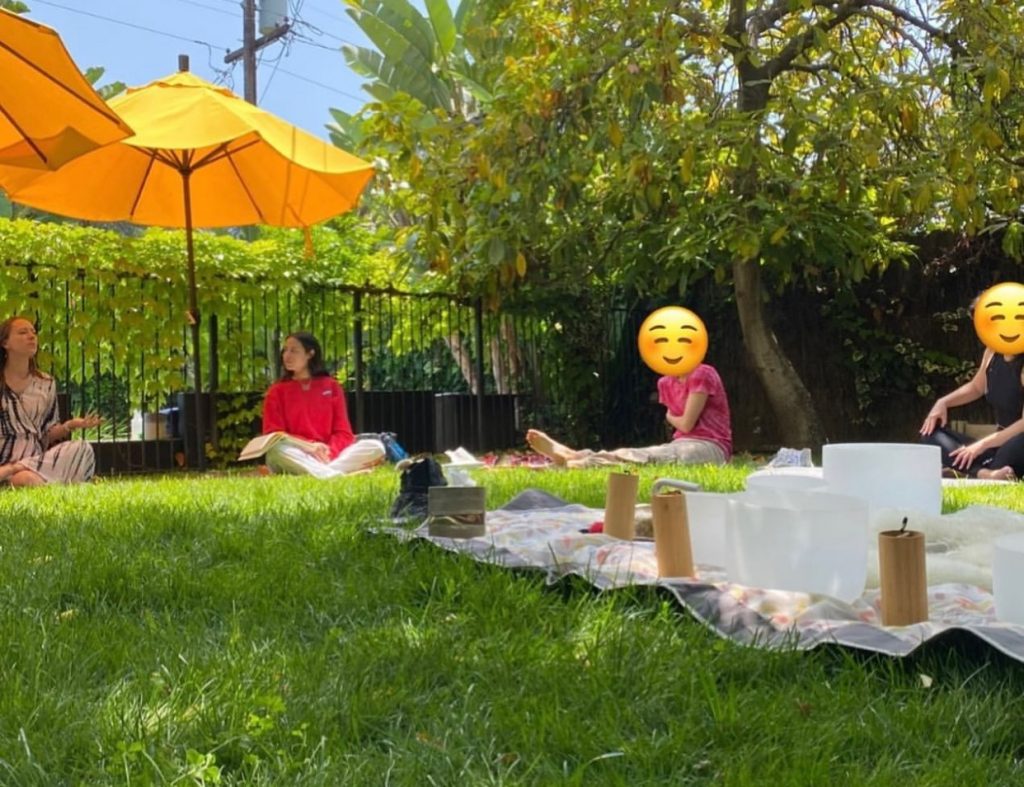The Hinderance on Latinx Representation: Cogitating on a Decade Long Plateau in Media & Broadcasting
There is no doubt in my mind as a Latinx writer myself, that Los Angeles, a city based on entertainment, is running on the blood, sweat, and tears of the Latinx community. Population shares for LA county came in at nearly 50%, according to a report from The Los Angeles Almanac referencing the 2021 U.S. Census, so how on earth could it not be? Why then, are we so underrepresented when we are here and prominently present in so many other career fields? Producer, host, and correspondent for various media outlets, Naz Perez and I sat down to go over some stats from a report outlining Latinx representation in various fields of the entertainment industry to reflect on this troubling juxtaposition.
What are the most recent statistics behind Latinx representation in media?
The 2022 Report on Latinx representation from the US Government Accountability Office (GAO) showed only 1% growth for Latinx representation in media over the last decade. Given the influence the media has on the way people view themselves, others, and the world around them, how important do you feel the progressive growth of Latinx representation in media is to the mental health of Latin American youth?
Naz: I would say it’s paramount for young people to see themselves in people who occupy the field they want to be in. Especially, based on the number of messages I receive from young women who tell me that I make them feel as though they can pursue an entertainment career, which strikes me as odd because I’d like to think we can all do it. However, when I think back to the women in entertainment who I looked up to growing up, there honestly wasn’t a lot of Latinx representation, and I looked up to anchors, Guiliana Rancic (Italian) and Maria Menounos (Greek).
How are Latinos represented in leadership throughout the entertainment industry?
That same report noted the lowest figures of representation in leadership (4%). What experience, if any, do you have working with other Latinos in leadership roles within the entertainment industry and how does that make you feel?
Naz: It’s shocking and devastating for me to realize now that I have never worked with another Latino in a leadership role. Concurrently, Latinx women are commonly the lowest-paid contributors on set, and I have been a part of that statistic. I have put in as much work, if not more, as people who were getting paid more than myself, which leads to Latinx people not believing they can’t make it in entertainment because of the lack of representation in leadership.
The GAO report also noted that a lack of diversity of talent reps also leads to a lower rate of diversity on screen (Cable/Television Broadcasting 14%). What’s your experience with talent reps as an on-screen host and producer?
Naz: I was just signed by an agent this year, who I’m very happy with but prior to that, I created almost every opportunity in my career for myself. In that experience, I can only remember meeting one talent rep who was Latinx and in consideration of that, thinking of talent bookers and casting reps, I don’t think I’ve ever been hired by someone who was Latinx for any job that I’ve had. So much of the Latinx community are first- or second-generation Americans, and it can be sad to sit with, hearing that fewer opportunities exist for us because we want the sacrifices our families made to get us here, to be fruitful and that’s their dream for us as well.
Forbes called you a trailblazer for your various pursuits in production and correspondence, and while I know more about this from our private conversations, I’d love for you to tell our readers at Balance Now about how you paved new ground for yourself in production and correspondence.
Naz: I think the beauty of coming from a family that doesn’t necessarily have a lot of money and sacrificed so much to be here (such as the average American Latinx family), is the relentless drive and ambition we inherit to create a better life for ourselves. I have always chosen to embody the motto “Why not me?” It’s easy to say these opportunities don’t exist for someone like me, but why not? That mentality has gotten my foot through the door with the Ellen show, E!, the Style Network, The Bachelor, The Dodgers, Rotten Tomatoes & Fandango. You must know what you want and believe in yourself at the end of the day.
Out of personal pursuit, you have founded a unique organization that brings together and empowers people of all cultural and professional backgrounds. Please, tell our readers more about Heart Broken Anonymous (HBA) and the fire that fuels you as the founder of such a compassionate organization.
Naz: One day, I came across my neighbor, and she was crying because of a bad break-up and knew that I had experience talking to people about relationship issues as a producer for The Bachelor, so she asked if we could talk. After our brief conversation, I realized how much more comfortable people are talking about heartbreak, defined as overwhelming distress, which can be anything (the death of a pet, financial instability, family drama, etc.) and I realized how few places there are for people to go and support each other in those times of need. So, that was the catalyst for me starting Heart Broken Anonymous. It’s a support group, where people can come and share their experiences and remind each other that we’re not alone; it’s not a 12-step program but it’s an anti-lonely, lonely club.
Can the Latinx community beat the odds that are against them?
There may be very fewer opportunities for the Latinx community, statistically speaking, but I think the takeaway from my time with Naz is that you can’t keep a goal-oriented Latinx down. We, as a community of people, have already overcome so much just to be here and accounted for. On paper, it may seem like our odds of making it in entertainment are slimmer than most, individuals like Naz, continue to defy those figures making way for not only herself, but also for the collective Latinx community who can see themselves in her presence, who can find their paths in her footsteps, and who can be reassured by her compassionate work to heal not just members of the Latinx community, but anyone who has ever been down on their luck. After all, being down does not mean you are out. So, let’s not count ourselves out just yet.










